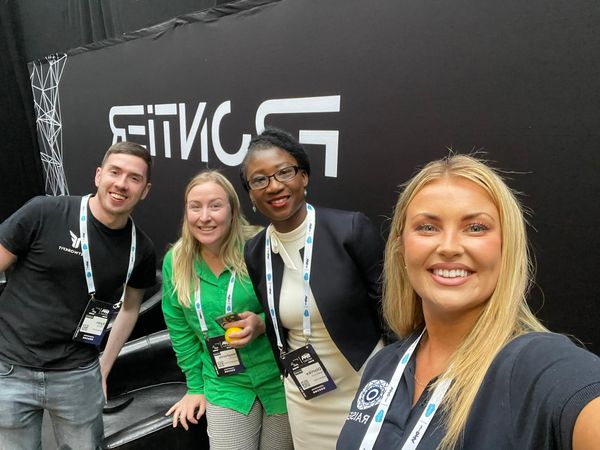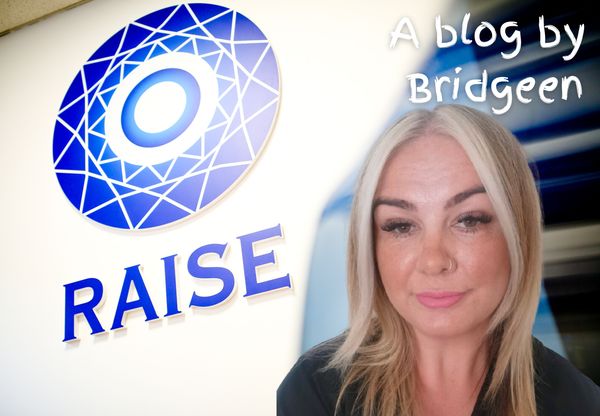Raising investment is one of the great challenges all founders of fast growing startups face. The UK government recognises the challenge for founders but also the risks that investors face. With success rates being comparatively low for startup success and exits they have continued to back the Seed Enterprise Investment Scheme and Enterprise Investment Scheme, to reward early investment.
Rules have recently changed for SEIS making it more reflective of the current investment landscape.
Startups can qualify for SEIS if...
- They're a knowledge intensive company and not in a disqualifying trade. (These are listed here, but most startups qualify)
- Have 25 or less employees
- They have been trading for 3 years or less
- Have less than £350,000 in gross assets
- The company is owned by founders and not a subsidiary of another business
And the criteria for EIS...
- Same as above for EIS
- The company has been trading for less than 7 years
- With under 250 employees
- Have less than £15 million in gross assets
Irish and other overseas companies who are approaching UK angels or EIS/ SEIS funds can also apply for advance assurance. They need to have a UK establishment and or a UK representative (Raise can help with this - see here.) This is a straight forward application process. Full details are available here.
The benefits for investors are...
With SEIS - An individual investor can invest up to £200,000 per tax year and receive a 50% tax break in return. The investor will also benefit from a Capital Gains Tax exemption on any profits that arise from the sale of shares after three years.
With EIS, it allows an individual to invest up to £1 million per tax year and receive a 30% tax break in return. As with SEIS, the investor will also pay no Capital Gains Tax on any profit arising from the sale of the shares after three years.
With both SEIS and EIS, there is no inheritance tax to pay on shares held for at least two years. Also, if the SEIS/EIS shares are sold at a loss, the investor might be able to offset the loss against their Capital Gains Tax (loss relief).
The success of these schemes can be reflected through the stats below.
What is well recognised is that a startup without Advanced Assurance will be at a distinct disadvantage when approaching angel investors or S-EIS funds. They will likely be asked to come back when it is arranged, which can take the steam out of any investment round and there is a significant risk of the funds going elsewhere.
For investors, Northern Ireland has one of the lowest uptakes of this relief, so make sure that it plays an integral part of your tax planning and investment strategy. There is an opportunity to be part of exciting fast growing startups and to get cash back from HMRC!










Member discussion